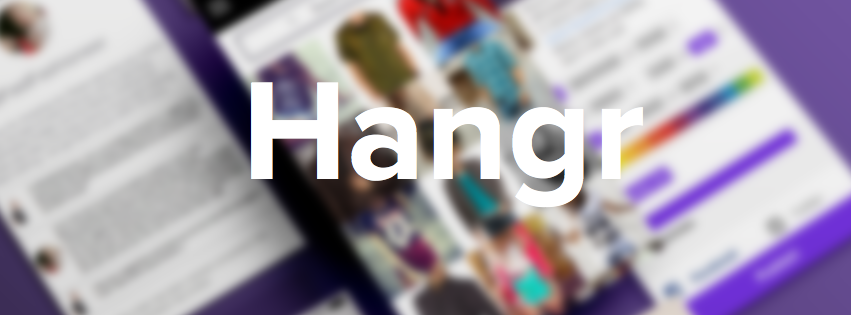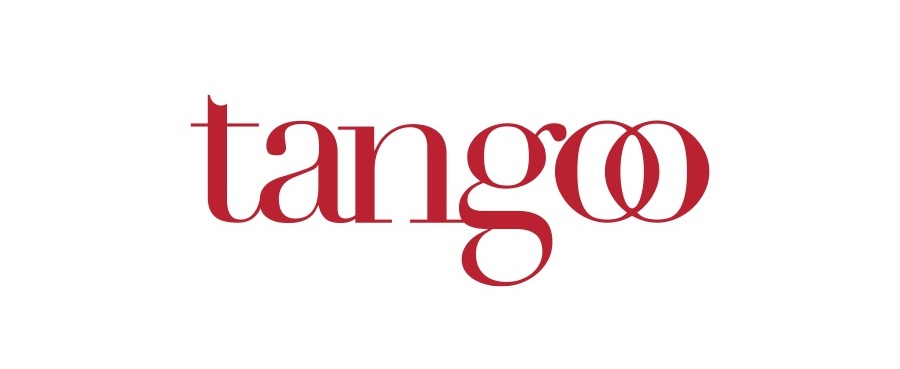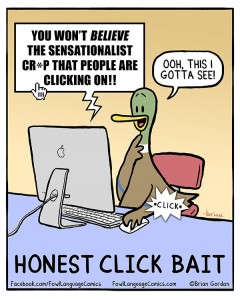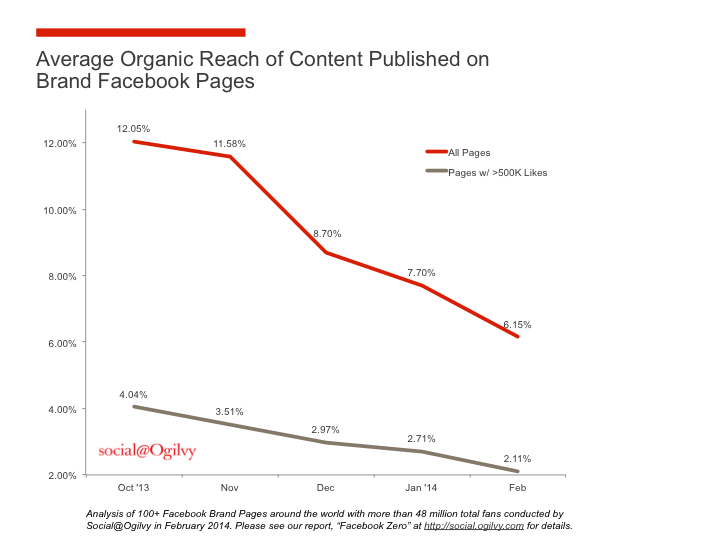Vancouver is a city full of entrepreneurs and a handful of them have made apps that will make your life SO much easier. I’m not sure if they did this on purpose, but you could actually use a combination of these apps to plan every detail of your night, everything from: getting dressed properly, paying parking, getting on guest list and checking gender ratios at clubs, and posting on both Facebook/Twitter at the same time.
1 – Hangr
Hangr “is a social app that lets you upload your outfit to the world & receive instant fashion feedback, e.g. 10 likes or dislikes in 5 minutes.”
Need validation or some instant feedback on how your outfit looks before you go out? No problem. Snap a picture, make yourself anonymous by blurring your face (optional), upload it, and get some instant feedback from other users. Simple as that.
You can download it on the AppStore and PlayStore
2 – Nightbound
Nightbound is a Vancouver-based and developed app that helps you plan your night seamlessly. This app lets you check real-time information about: wait times in both regular and guest list lines, gender ratio, and fullness of a club or bar in Vancouver. They offer deals & discounts on drinks and cover as well as an option to get on the guest list. This is a must have if you’re going out partying.
You can download it on the AppStore and PlayStore
3 – VanCity Drink Specials
VanCity Drink Specials “provides a comprehensive list of happy hour & daily drink specials from around Vancouver while sharing our experiences in profiling the city’s diverse service industry”.
You can download it on the AppStore and PlayStore
4 – Tangoo
Tangoo quite simply put, is kind of like Songza, but for going out. You pick the occasion you’re going out for: business, date, casual outing with friends, and then you choose your mood(s), and Tangoo will generate a list of restaurants and bars that match what you inputted.
You can download it on the AppStore, Coming to PlayStore TBA.
5 – HootSuite
HootSuite is a social media dashboard that can can integrate a number of different platforms such as Facebook, Twitter, Google+, LinkedIn, and more. You can easily monitor the newsfeed of all of them at once through different streams and tabs. You can also post on all them at once, or just choose the platforms you want to post on. Although HootSuite is used a lot by companies for business who want to manage multiple channels at once, it can also be used by the everyday person who just wants to see everything in one place.
You can download it on the AppStore and PlayStore. Alternatively, you can sign up and use their web application as well, which is much more powerful.
6 – LiveTransit Vancouver
LiveTransit Vancouver lets you “view the real-time GPS location of any bus in Vancouver, or look up the scheduled arrival times at any stop in the lower mainland. Select your preferred routes from a filterable list, and LIVE bus locations will be overlaid on a map. Tap the bus to see when its location was last updated, or press the refresh button to get the latest locations.”
I have personally used this over the years and have loved it. I don’t need to text the five digit bus stop code to “33333” anymore.
You can download it on the PlayStore (not available on AppStore)
Bonus – PayByPhone
PayByPhone wasn’t made in Vancouver, but the service works here too so it’s good to have it installed. PayByPhone lets you pay for street parking, tolling, and permits via your phone. Don’t have coins? Not a problem, if you have your phone and your credit card, you’ll be able to pay.









